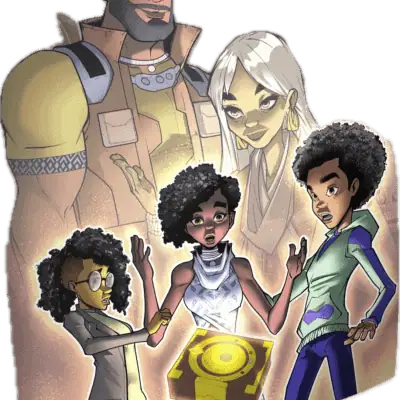Born on January 17, 1931, in Arkabutla, Mississippi, and raised on a Michigan farm by his grandparents, James Earl Jones overcame significant challenges early in life. His childhood was marked by a debilitating stutter that led him to remain mostly silent, but through determination and the support of a caring teacher, he overcame this obstacle, discovering strength and healing in the power of words.
Jones found his calling in the theater, where storytelling became his path to self-expression and transformation. After studying drama at the University of Michigan and the American Theatre Wing, he launched his career on the stage. His breakthrough role came in 1962 with Jean Genet’s The Blacks, where his talent and undeniable presence shone. However, it was his portrayal of Jack Jefferson in the 1969 Broadway production of The Great White Hope that earned him a Tony Award and widespread acclaim. This role, later adapted into a film, solidified his status as one of the most exceptional actors of his generation.
While his acting skills were extraordinary, it was Jones’ iconic voice that forever etched him into popular culture. With a deep, velvety timbre that conveyed authority, wisdom, and gravitas, he became the voice behind some of cinema’s most enduring characters.
In 1977, James Earl Jones became the voice of one of film’s most legendary villains, Darth Vader, in Star Wars: A New Hope. His powerful delivery transformed the Sith Lord into one of the most iconic characters in cinematic history. Though he never appeared onscreen, his voice alone became synonymous with Darth Vader, a role he would continue to voice in subsequent Star Wars films, securing his place in film lore.
Equally unforgettable was his role as Mufasa in Disney’s The Lion King (1994), where Jones gave life to the wise and noble king of the Pride Lands. Mufasa’s lessons on leadership, responsibility, and legacy struck a chord with audiences of all ages, and Jones’ unmatched voice added unparalleled weight to the character. His portrayal of Mufasa remains one of the most cherished performances in animated film history.
Beyond Star Wars and The Lion King, Jones had a stellar film career, starring in classics like Dr. Strangelove (1964), Coming to America (1988), and Field of Dreams (1989). He also brought iconic literary characters to life, including his powerful portrayal of Troy Maxson in the film adaptation of August Wilson’s Fences.
On television, Jones’ work was equally noteworthy. He brought gravitas to roles in shows like Gabriel’s Fire, for which he won an Emmy Award, and in Roots: The Next Generations, where he portrayed Alex Haley. His lifelong commitment to his craft earned him the prestigious Triple Crown of Acting—a Tony, an Emmy, and an Academy Honorary Award—cementing his legacy as one of the most decorated actors in history.
James Earl Jones was more than an iconic performer—he was a symbol of perseverance and quiet dignity. From overcoming a stutter that nearly silenced him, to becoming one of the greatest orators of our time, his story is one of triumph. His contributions transcended race and culture, opening doors for future generations of Black actors and artists.
Beyond the stage and screen, Jones was a man of humility, using his influence to advocate for causes dear to his heart, including the arts and education. Despite his towering success, he remained grounded, earning the admiration and respect of fans and peers alike.
Though James Earl Jones is no longer with us, his legacy remains timeless. His body of work—on film, television, and the stage—will continue to inspire and move generations to come. The characters he brought to life, and the voice that made them unforgettable, will forever be woven into the fabric of our collective memory.
His voice—deep, booming, and unmistakable—will continue to echo through time, a lasting testament to his unparalleled talent and the countless lives he touched. Whether through the wisdom of Mufasa or the darkness of Darth Vader, James Earl Jones’ legacy will endure as a shining example of artistic brilliance.
As an independent magazine with a small team, we rely on the support of our readers to keep JARO’s content free and accessible to everyone. Please support our ability to continue delivering the best of the African Diaspora with a donation as little as $1. Thank you!






